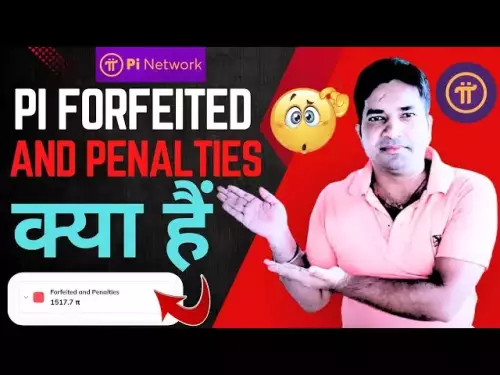-
 bitcoin
bitcoin $112195.049338 USD
2.42% -
 ethereum
ethereum $4124.915858 USD
2.81% -
 tether
tether $1.000570 USD
0.02% -
 xrp
xrp $2.861568 USD
2.25% -
 bnb
bnb $1000.346670 USD
3.04% -
 solana
solana $209.070819 USD
3.38% -
 usd-coin
usd-coin $0.999870 USD
0.02% -
 dogecoin
dogecoin $0.235379 USD
2.65% -
 tron
tron $0.335681 USD
-0.20% -
 cardano
cardano $0.803501 USD
3.38% -
 hyperliquid
hyperliquid $47.120881 USD
3.56% -
 chainlink
chainlink $21.501300 USD
3.44% -
 ethena-usde
ethena-usde $1.000571 USD
0.02% -
 avalanche
avalanche $29.793378 USD
3.62% -
 stellar
stellar $0.366964 USD
2.42%
Why is the market volatility of blockchain digital currency so large?
Cryptocurrency's volatility stems from decentralization, speculation, technological risks, low liquidity, and external factors like government policies and social media trends, creating a highly unpredictable market.
Mar 22, 2025 at 01:15 pm
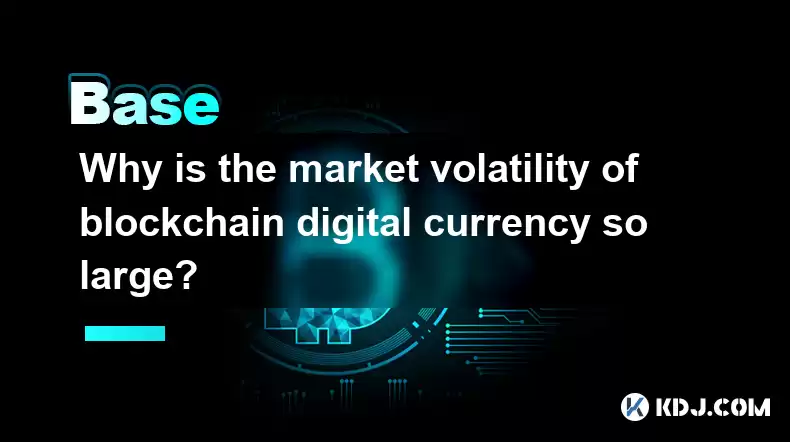
- Decentralization and Lack of Regulation: The decentralized nature of cryptocurrencies and the relatively light regulatory oversight contribute significantly to price volatility. Market manipulation is easier in less regulated markets.
- Speculative Investment: A large portion of cryptocurrency investment is driven by speculation rather than fundamental analysis, leading to rapid price swings based on hype, news, and sentiment.
- Technological Risks and Development: Underlying technology changes, security breaches, and scaling issues can significantly impact investor confidence and subsequently, market prices.
- Market Liquidity and Trading Volume: The relatively low liquidity in some cryptocurrency markets compared to traditional markets amplifies price fluctuations. Smaller trading volumes mean that even small trades can have a large impact on price.
- External Factors: Macroeconomic conditions, government policies, and even social media trends can heavily influence cryptocurrency prices.
The inherent volatility of blockchain digital currencies is a complex issue stemming from a confluence of factors. Understanding these factors is crucial for navigating the crypto market effectively.
One major contributor is the decentralized nature of most cryptocurrencies. Unlike traditional financial markets, which are heavily regulated, the decentralized structure of blockchain lacks a central authority to control price or mitigate risks. This lack of regulation makes the market more susceptible to manipulation and wild swings. Smaller market caps mean that relatively small amounts of buying or selling pressure can cause significant price movements.
The speculative nature of much cryptocurrency investment further exacerbates volatility. Many investors enter the market hoping for quick profits, driven by hype and news rather than a thorough understanding of the underlying technology or the project's long-term potential. This speculative behavior leads to "pump and dump" schemes and rapid price increases followed by equally dramatic crashes.
Technological risks also play a significant role. Blockchain technology is constantly evolving, and issues like scalability, security breaches, and unexpected forks can trigger sudden price drops. For instance, a major security flaw discovered in a prominent cryptocurrency could erode investor confidence and lead to a market-wide sell-off. Similarly, the success or failure of crucial upgrades to existing blockchains has a huge impact on the price of the associated digital currency.
Liquidity, or the ease with which an asset can be bought or sold, is another key factor. Compared to traditional markets, many cryptocurrency markets have relatively low liquidity. This means that a relatively small amount of buying or selling pressure can have a disproportionately large impact on price. A large order to sell, for example, could easily overwhelm a thinly traded market, leading to a sharp price decline.
External factors exert a powerful influence on cryptocurrency prices. Macroeconomic events, such as changes in interest rates or global economic uncertainty, can affect investor sentiment and lead to market-wide sell-offs. Government regulations and policies also play a significant role. Positive regulatory developments can boost investor confidence, while negative news can trigger sharp price declines. Furthermore, social media trends and influential figures can significantly sway market sentiment, leading to rapid price increases or decreases based on speculation and FOMO (fear of missing out).
Understanding the Mechanics of Volatility:Several aspects contribute to the amplification of price fluctuations in the cryptocurrency market. Let's explore some key mechanics:
- Leveraged Trading: The use of leverage allows traders to amplify their potential profits, but it also significantly magnifies losses. When prices move against a leveraged position, the losses can be devastating, leading to cascading sell-offs.
- Algorithmic Trading: Automated trading bots can exacerbate volatility by rapidly executing trades based on pre-programmed algorithms. These bots can amplify market trends, leading to faster and more dramatic price swings.
- Market Manipulation: Due to the relatively light regulatory oversight, cryptocurrency markets are more susceptible to manipulation. Large holders, or "whales," can influence prices through coordinated buying or selling.
- Diversification: Spreading your investments across different cryptocurrencies and asset classes can help mitigate risk.
- Fundamental Analysis: Focus on the underlying technology, project development, and market adoption of cryptocurrencies before investing.
- Risk Management: Develop a clear risk management strategy, including setting stop-loss orders to limit potential losses.
- Long-Term Perspective: Cryptocurrency markets are known for their volatility, so adopting a long-term perspective can help you weather the ups and downs.
A: Yes, the high volatility of cryptocurrencies makes them a risky investment. Price swings can be dramatic and unpredictable, potentially leading to significant losses.
Q: Can I predict cryptocurrency price movements?A: No, accurately predicting cryptocurrency price movements is extremely difficult, if not impossible. The market is influenced by numerous factors, many of which are unpredictable.
Q: How can I protect myself from cryptocurrency volatility?A: Diversify your portfolio, conduct thorough research, and only invest what you can afford to lose. Risk management strategies, such as stop-loss orders, can also help.
Q: Will cryptocurrency volatility decrease over time?A: It's uncertain whether volatility will decrease. While increased regulation and market maturity might stabilize prices somewhat, the inherent speculative nature of the market might continue to contribute to price swings.
Q: Are all cryptocurrencies equally volatile?A: No, the volatility of different cryptocurrencies varies. Established, larger-cap cryptocurrencies tend to be less volatile than newer, smaller-cap projects.
Disclaimer:info@kdj.com
The information provided is not trading advice. kdj.com does not assume any responsibility for any investments made based on the information provided in this article. Cryptocurrencies are highly volatile and it is highly recommended that you invest with caution after thorough research!
If you believe that the content used on this website infringes your copyright, please contact us immediately (info@kdj.com) and we will delete it promptly.
- Solana: Institutions' Growing Confidence Signals a Bullish Future
- 2025-09-29 17:05:16
- PumpFun (PUMP) Price in October: Will the Memecoin Momentum Continue?
- 2025-09-29 16:25:14
- Cloud Mining, High-Yield Contracts, and Market Volatility: A New Yorker's Take
- 2025-09-29 17:05:16
- Royal Mint Error Coins: What's the Sell Price?
- 2025-09-29 16:25:14
- BABY Token Inflation and Co-Staking: A New Era for Babylon
- 2025-09-29 17:10:01
- Dogecoin, ETFs, and Memecoins: Navigating the Hype in the Wild World of Crypto
- 2025-09-29 17:10:01
Related knowledge
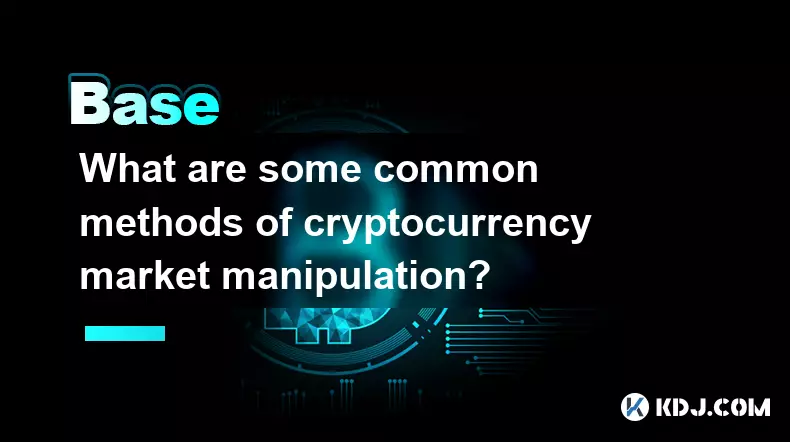
What are some common methods of cryptocurrency market manipulation?
Sep 27,2025 at 02:55am
Wash Trading and Its Impact on Market Perception1. Wash trading involves an individual or entity simultaneously buying and selling the same cryptocurr...
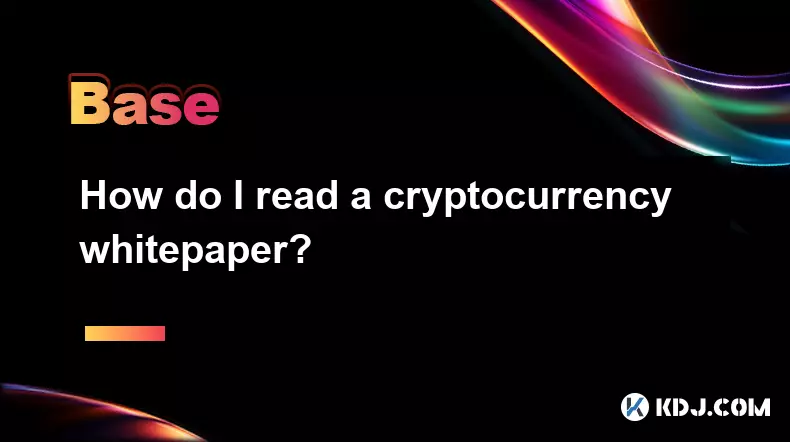
How do I read a cryptocurrency whitepaper?
Sep 27,2025 at 05:54am
Understanding the Structure of a Cryptocurrency Whitepaper1. Begin by identifying the executive summary, which outlines the project’s core vision and ...
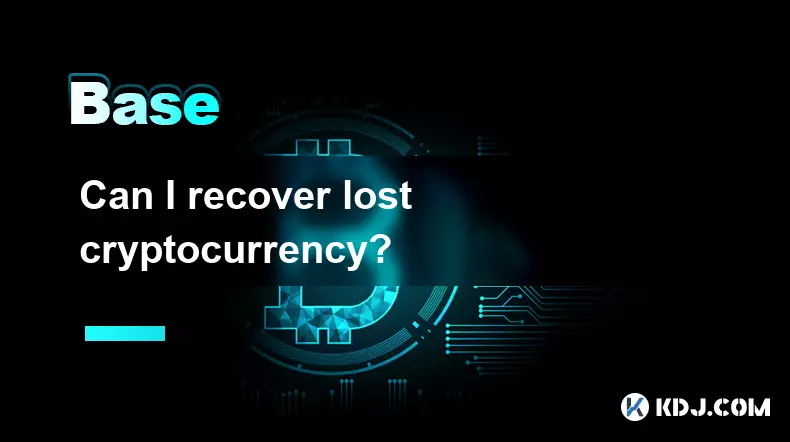
Can I recover lost cryptocurrency?
Sep 25,2025 at 08:18am
Understanding the Nature of Cryptocurrency Loss1. Cryptocurrency operates on decentralized networks, meaning there is no central authority to reverse ...
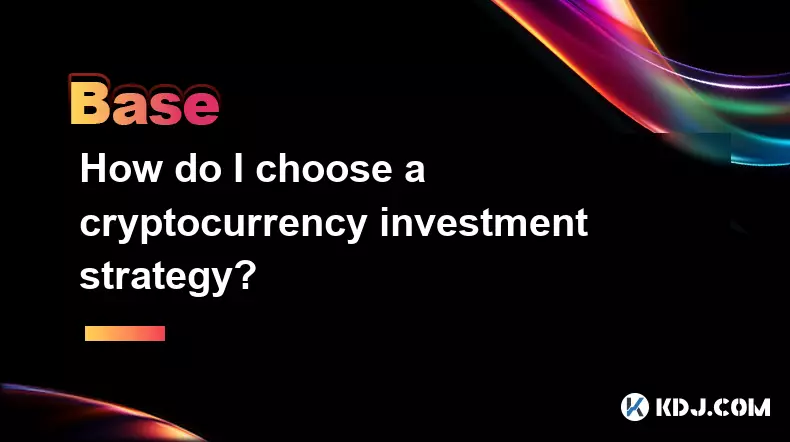
How do I choose a cryptocurrency investment strategy?
Sep 27,2025 at 03:55pm
Understanding Risk Tolerance in Crypto Investing1. Assessing personal risk tolerance is a foundational step when entering the cryptocurrency market. V...
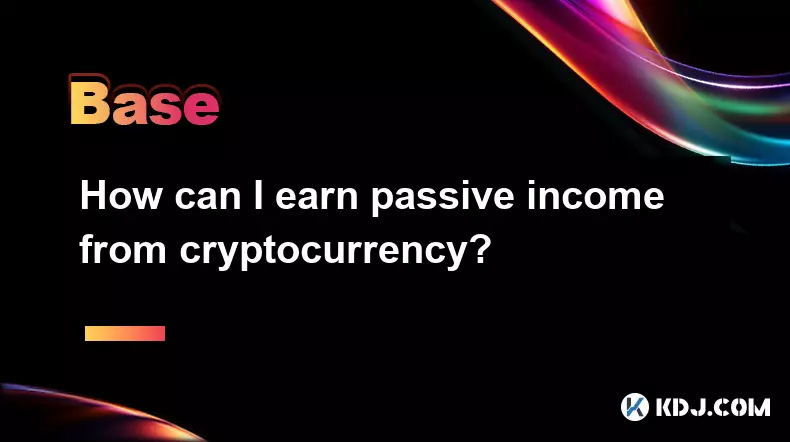
How can I earn passive income from cryptocurrency?
Sep 23,2025 at 10:18am
Staking Cryptocurrencies for Regular Returns1. Many blockchain networks operate on a proof-of-stake (PoS) consensus mechanism, allowing users to earn ...
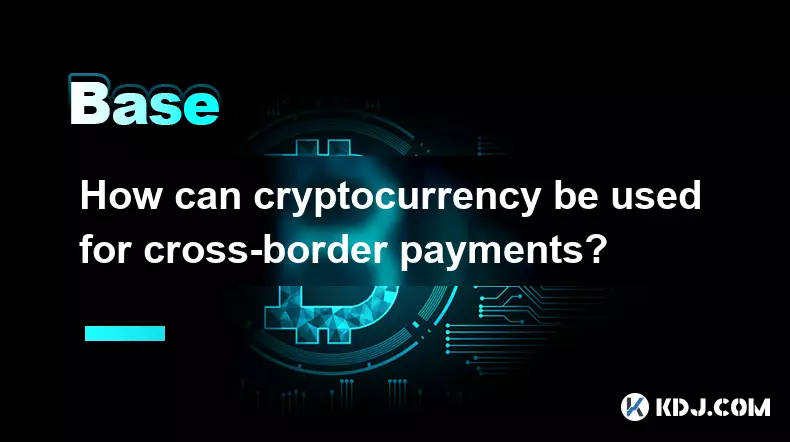
How can cryptocurrency be used for cross-border payments?
Sep 28,2025 at 01:36am
Efficiency in International Transactions1. Cryptocurrency enables near-instant settlement across borders without relying on traditional banking interm...

What are some common methods of cryptocurrency market manipulation?
Sep 27,2025 at 02:55am
Wash Trading and Its Impact on Market Perception1. Wash trading involves an individual or entity simultaneously buying and selling the same cryptocurr...

How do I read a cryptocurrency whitepaper?
Sep 27,2025 at 05:54am
Understanding the Structure of a Cryptocurrency Whitepaper1. Begin by identifying the executive summary, which outlines the project’s core vision and ...

Can I recover lost cryptocurrency?
Sep 25,2025 at 08:18am
Understanding the Nature of Cryptocurrency Loss1. Cryptocurrency operates on decentralized networks, meaning there is no central authority to reverse ...

How do I choose a cryptocurrency investment strategy?
Sep 27,2025 at 03:55pm
Understanding Risk Tolerance in Crypto Investing1. Assessing personal risk tolerance is a foundational step when entering the cryptocurrency market. V...

How can I earn passive income from cryptocurrency?
Sep 23,2025 at 10:18am
Staking Cryptocurrencies for Regular Returns1. Many blockchain networks operate on a proof-of-stake (PoS) consensus mechanism, allowing users to earn ...

How can cryptocurrency be used for cross-border payments?
Sep 28,2025 at 01:36am
Efficiency in International Transactions1. Cryptocurrency enables near-instant settlement across borders without relying on traditional banking interm...
See all articles





















